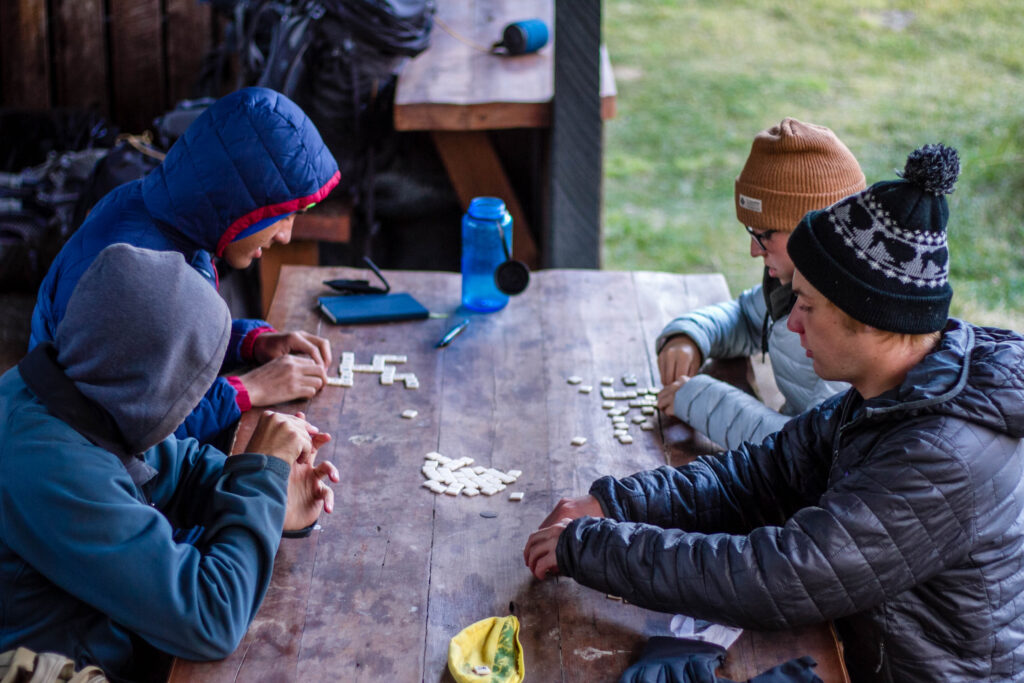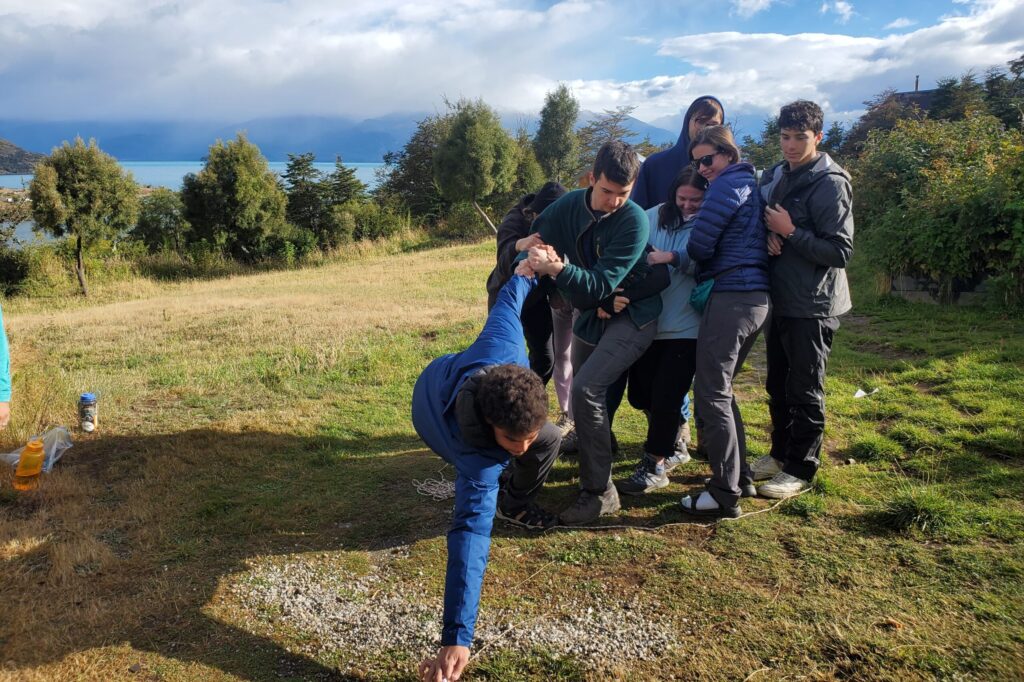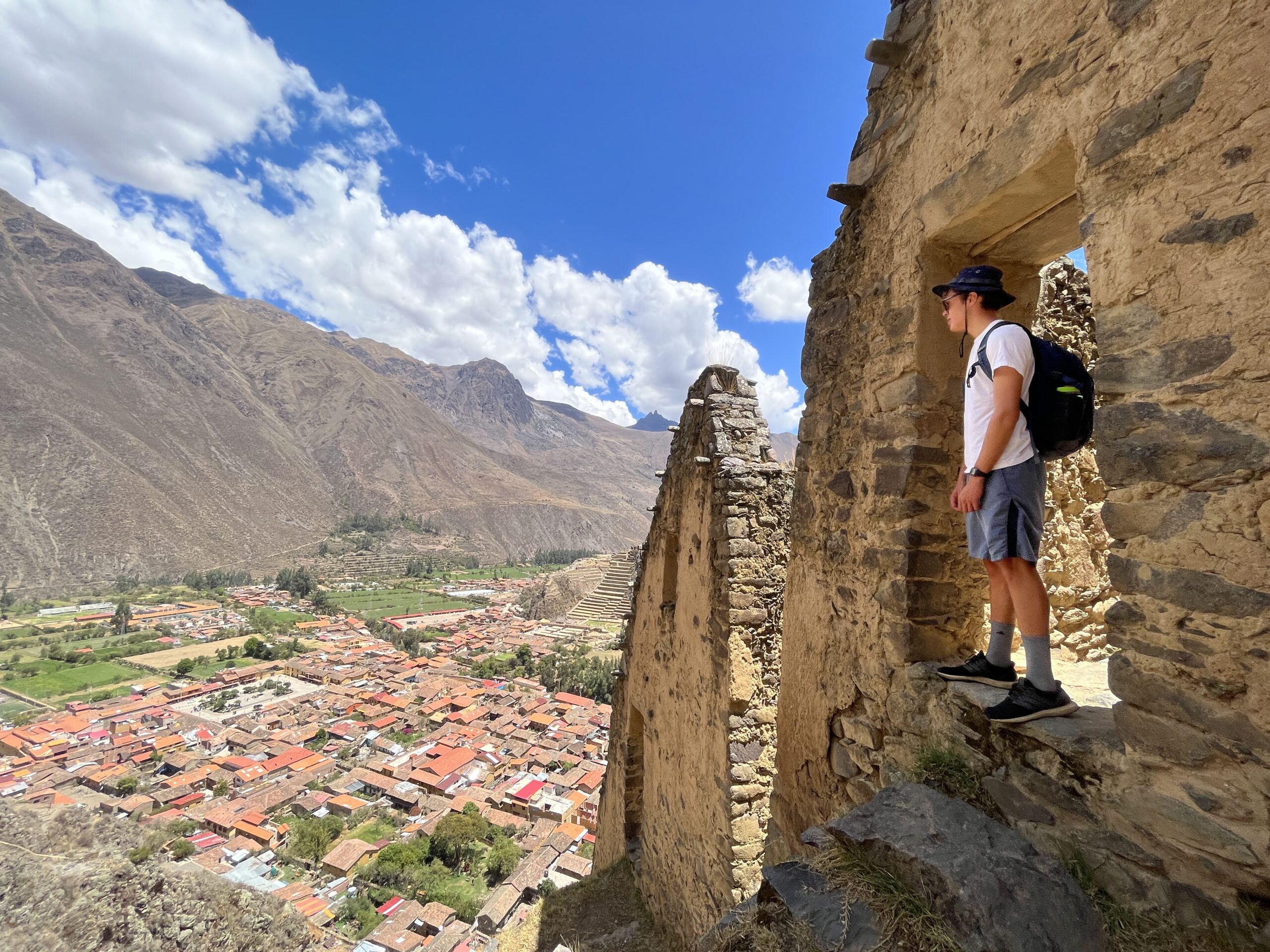As the parent of a gap year student, you have probably been tracking their journey through blog entries, photos, WhatsApp messages, and occasional phone or Facetime calls. This was your window into their life while they traveled, but now that they are back you want to know more and hear all their stories.
As a former gap program leader, I remember the conversations I had with parents over our graduation weekend. They had so many questions about how to interact with their child after such a transformational experience. During a debrief session with just parents, one mom turned to me and said: “I spent 18 years with [my daughter] and thought I knew her well. But I can already tell she is a different, more mature person. You now know her better than I do and that makes me both happy and a little sad. What can you tell me about her and the things that influenced her growth?” In just a few hours, she had noticed a difference in her daughter and understood that I had been witness to much of that change. Out of respect for my student, I replied that it wasn’t my place to share those intimate details but that her daughter would begin to share her experiences as she transitioned home. I encouraged her, and all the other parents, to give their children space at first but then to find ways to engage them with thoughtful, open-ended questions.
Who were the other students in your group?
You may have heard about your student’s groupmates throughout the program but this is the perfect opportunity to learn more about the people they spent their time with for the past several months. These fellow travelers had a huge impact on your child’s experience and personal growth. Every student brought their own story to the group and, good or bad, it influenced your child. This is the time to ask for more details about their new friends. You are expressing interest in their group experience but also checking into the people your child will almost certainly remain in contact with. You don’t need each student’s life history but it can’t hurt to ask about where they are from, what they are doing next, and how close your child was to them.
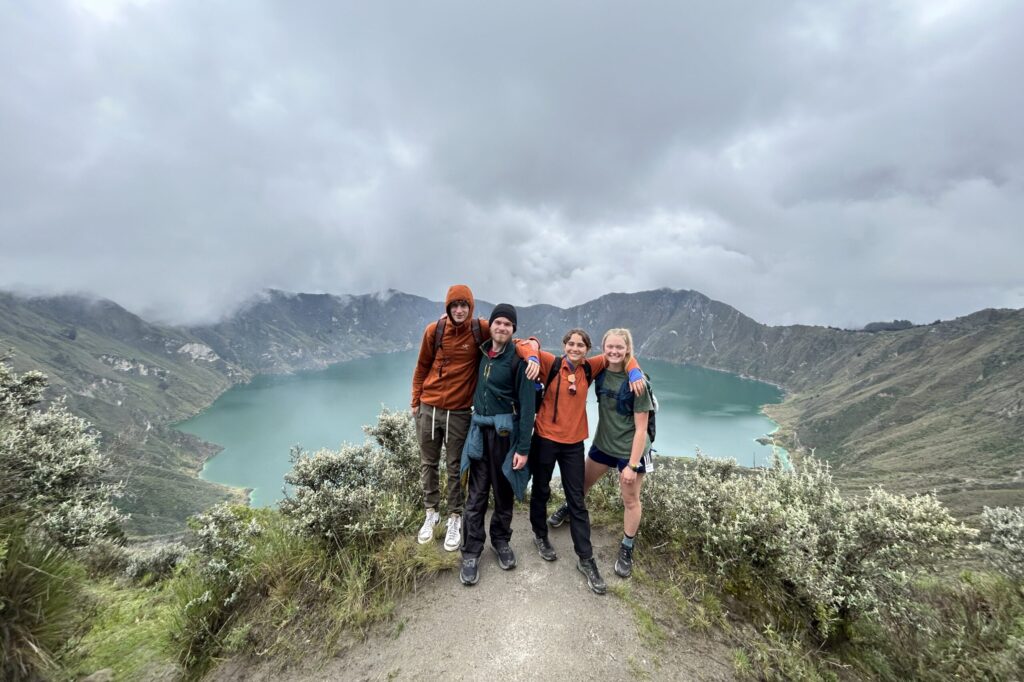
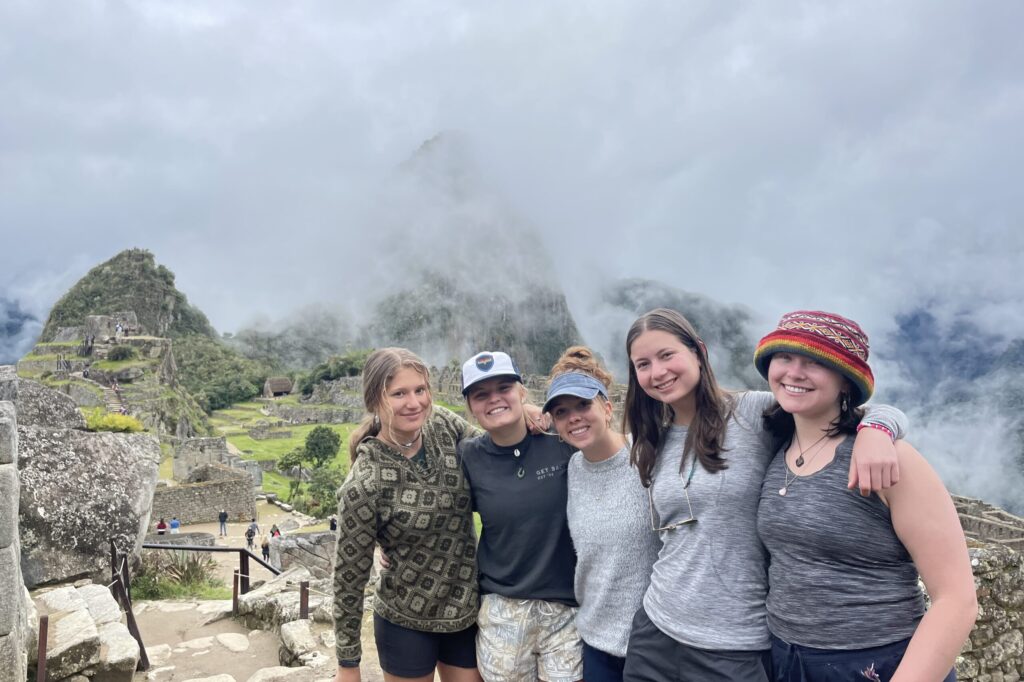
What was the most interesting thing you learned about the local communities?
The goal of many gap programs is to immerse the students in local communities through service-learning projects and homestays. Placing students in uncomfortable, but safe, situations helps them learn to adapt, engage, and understand how people throughout the world live day-to-day. They are encouraged to find creative ways to communicate to overcome language and cultural barriers. Undoubtedly, they will learn some of that new language, acquire new skills, and share stories with community and homestay family members. These “small” moments will come with lively stories and genuine emotion and will give you insight into the experiences that might not have made their way into a blog or on film.
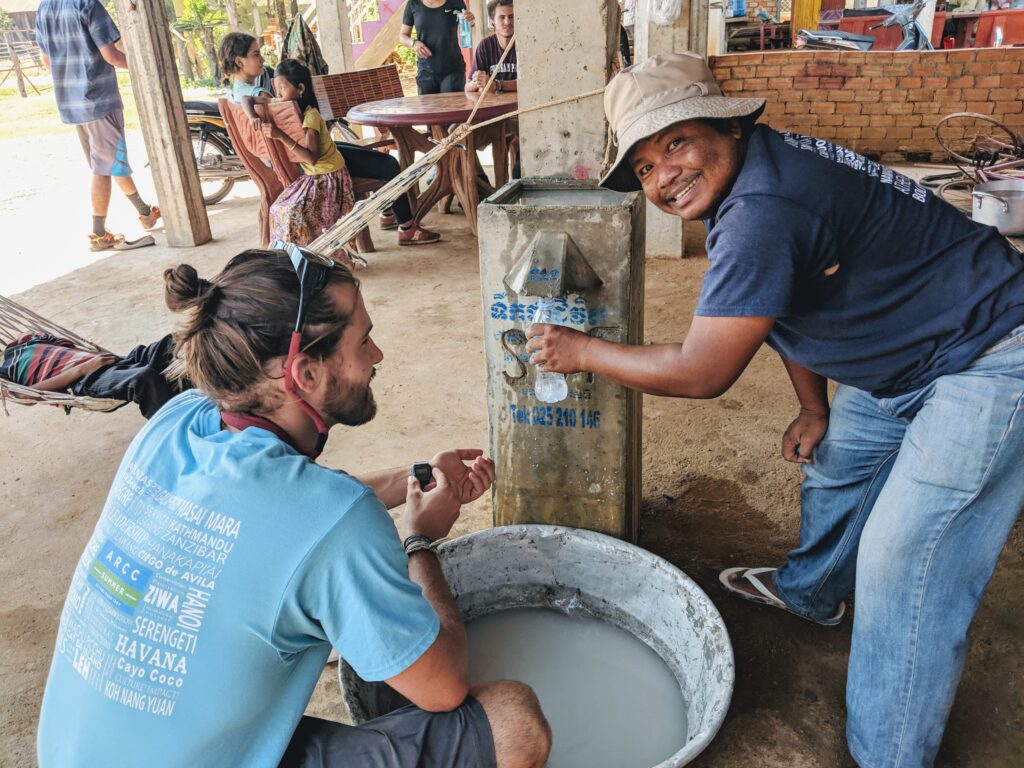
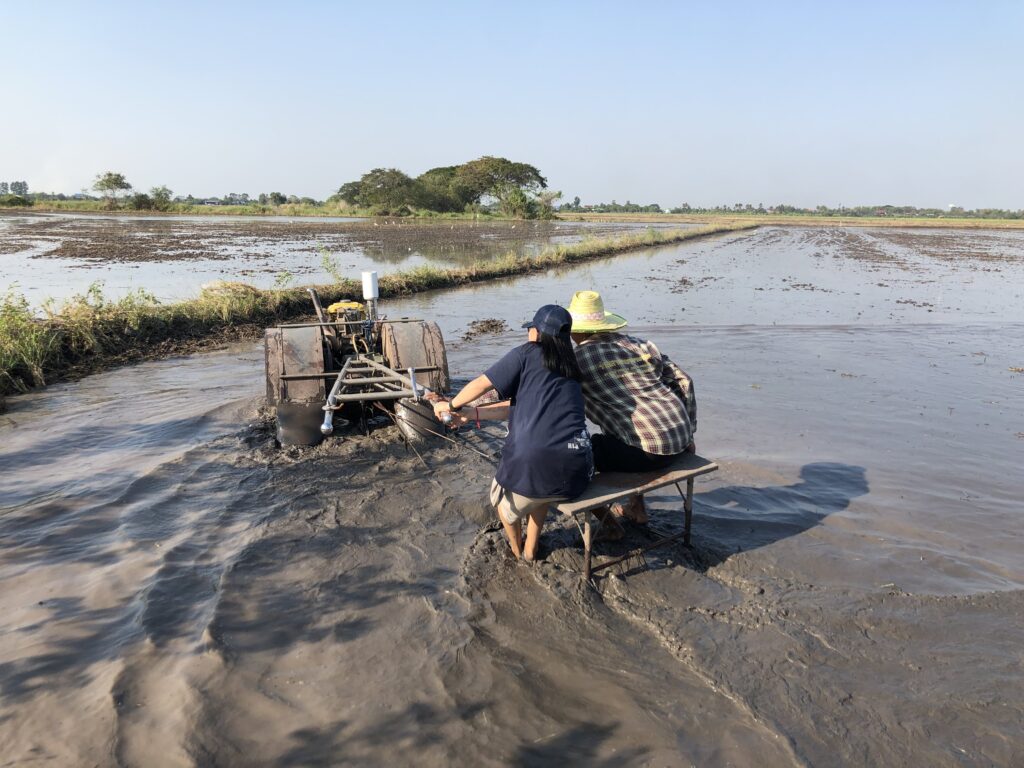
What did you learn about yourself?
Gap programs come in many shapes and sizes. They may have an educational curriculum that focuses on particular topics or themes. There might be a strong language or service-learning component or it might be more adventure and wilderness-based. No matter the structure, participants will come away with just as much personal growth as tangible academic or technical growth. For many, this is their first time traveling without family. It might be their first experience with passports, visas, border crossings, currency exchanges, and language barriers. There is no way they can return home without learning something about themselves and what they are capable of.
Some of this learning may not be entirely clear to a newly returned gap year student. It might take another travel experience or an uncomfortable moment for them to recognize their new strengths and abilities. Asking your child more pointed questions might help them process and verbalize these growth edges. Try questions like “What surprised you most about yourself?” “what was one of your biggest challenges?” “how did you overcome the language barrier with your homestay family?” or “When was there a time when you were especially proud of yourself?” These questions will help guide your child toward their learning and give them an opportunity to share a more personal moment with you.
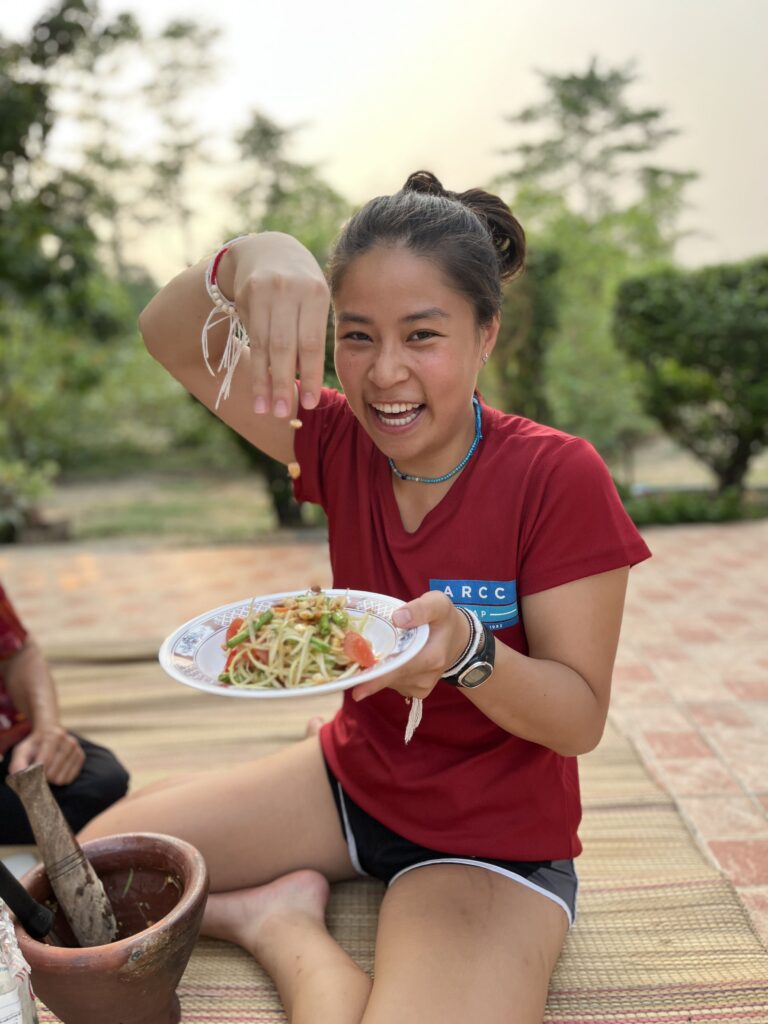
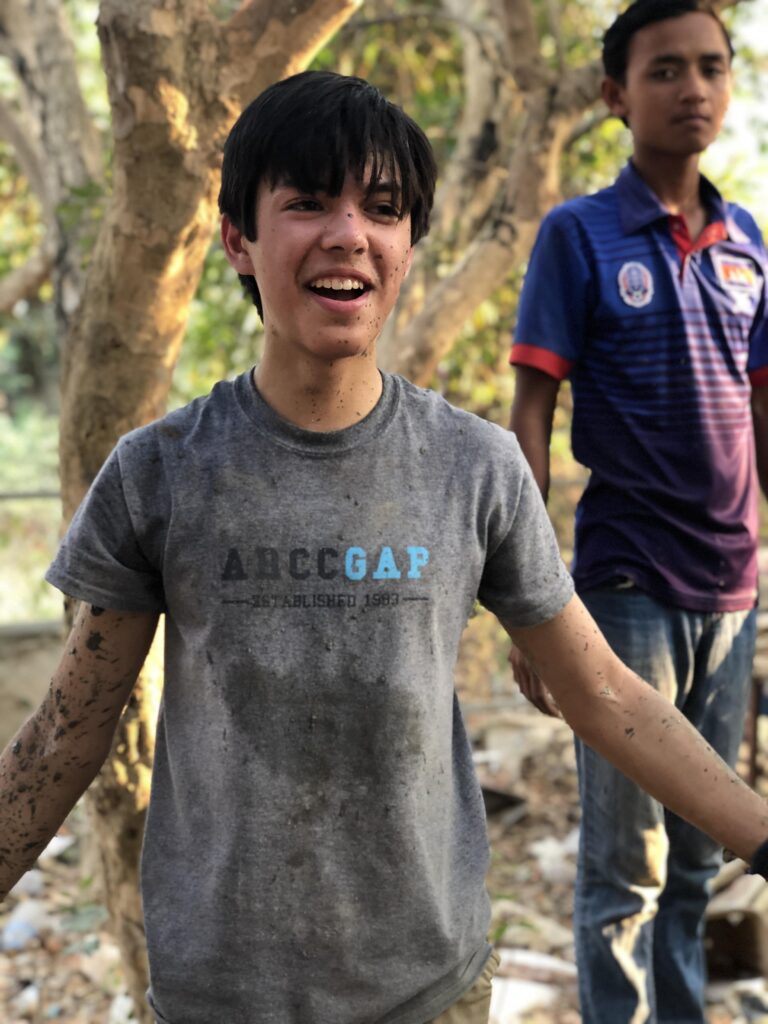
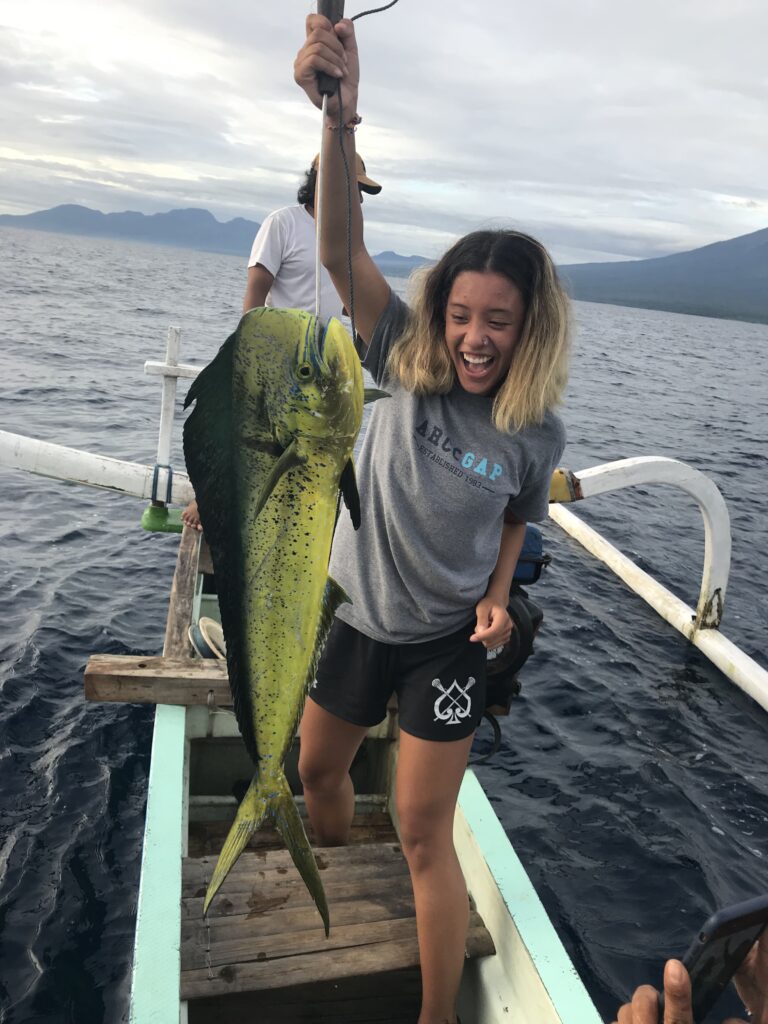
What did you learn about international travel?
This topic will almost certainly come with comical stories about airports, adventures in local transportation, exotic food options, miscommunications, and maybe the desperate search for a bathroom. Even a seasoned globetrotter will come away with stories, especially if they are traveling in a new country or region. These moments may have been uncomfortable in the moment but often lead to late-night laughing sessions and inside stories that only the participants will truly understand (This is often referred to as Type 2 Fun). These lessons are typically more tangible and easier to process.
This might also include reflections on privilege, poverty, and injustice. Your child may have seen marginalized and underserved populations for the first time on their gap year and it pushed them to consider complex global issues. This is a good thing! Their gap year (and you by supporting their plan) helped them step out of their bubble and see how other people experience the world. This learning may be more challenging and require some support from you, their instructors, and their groupmates. Give them space to process their new worldview and ask questions that encourage both sharing and further exploration.
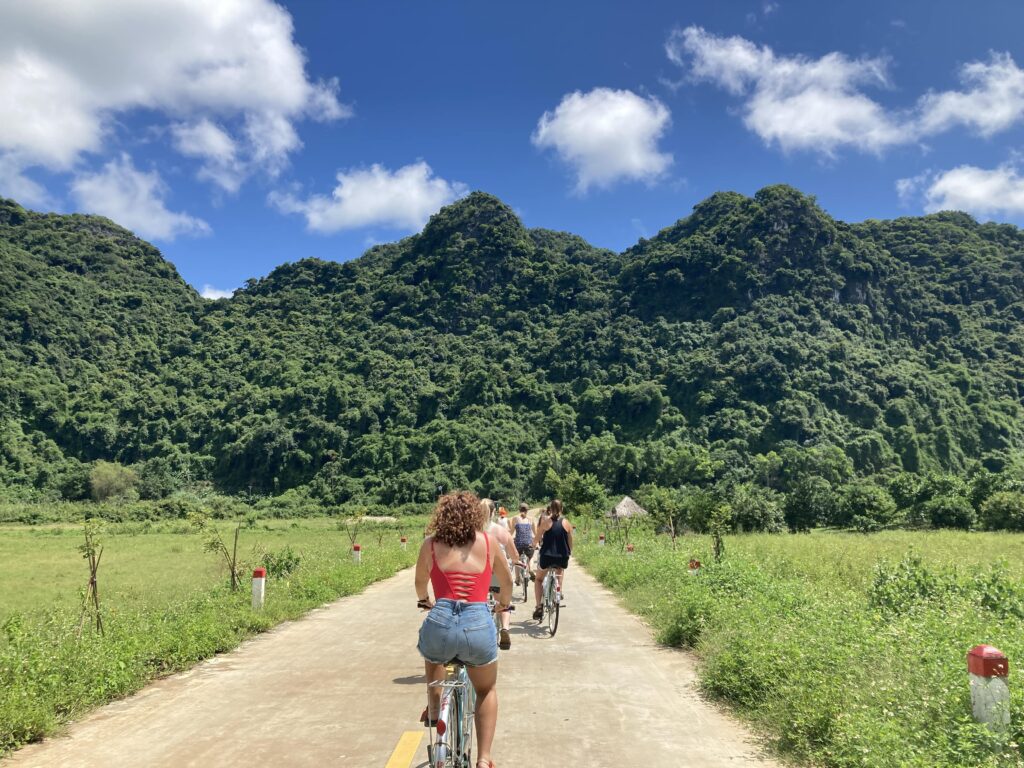
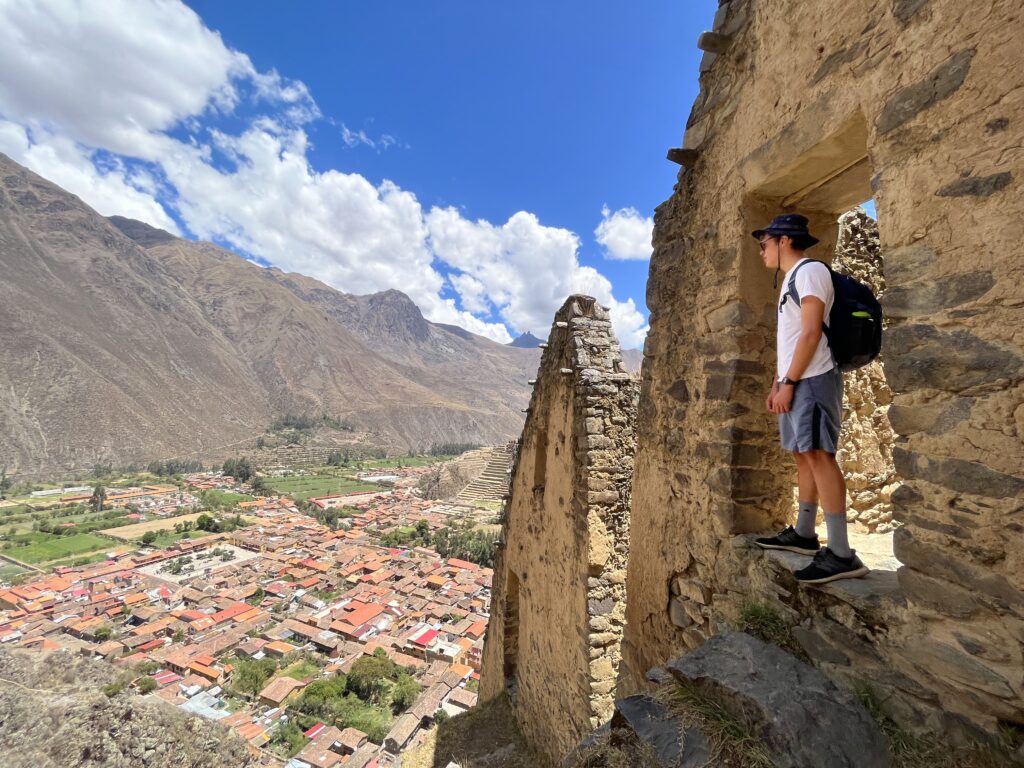
Did you feel well cared for when you were sick/injured?
Hopefully, this question isn’t relevant but backcountry and international travel often come with stomach bugs and minor injuries. Your student’s instructors are trained to handle these medical issues and you would have gotten updates if your child was sick, injured, or otherwise out of sorts. This is an opportunity to follow up on anything that happened on the program and make sure it is all resolved. Visiting a clinic in a foreign country rarely looks like what most of us are used to in our own countries (there could be some fun stories in that alone) and it can be unnerving to be sick so far away from our personal creature comforts. Ask your child how the instructors responded to medical issues and the subsequent follow-up. Were they compassionate? Dismissive? Prepared? This line of questions will give you insight into the instructors’ training and the organization’s risk management protocols, while also connecting with your student over a vulnerable topic.
What were the biggest lessons you learned from your instructors?
The people selected to lead gap programs come in with a wealth of knowledge and training. Their educational backgrounds will be as diverse as the places they have traveled to and on average they aren’t that much older than the students. One of the many hats they wear as a gap instructor is that of a mentor. As they guide their students through countries, work projects, and educational discussions, they are also supporting them as they become leaders, global citizens, and independent adults. Your child may have never had a mentor of this type and hopefully will have taken advantage of this unique opportunity. This might also be a mentor-mentee relationship that can continue as your child transitions into the next phase of their life.
As you begin asking your child about their gap year in more detail, remember that they may not share everything with you immediately. They might reach out to their instructors and groupmates for support rather than you. This is quite normal. In a short amount of time, a group of strangers became a family and it will certainly be hard to separate from them. A mentor of mine from the Peace Corps explained it as “leaving family to return to family” and it is definitely a challenge.
Be patient and continue to express interest and your child will soon share more stories than you have brain space for!
